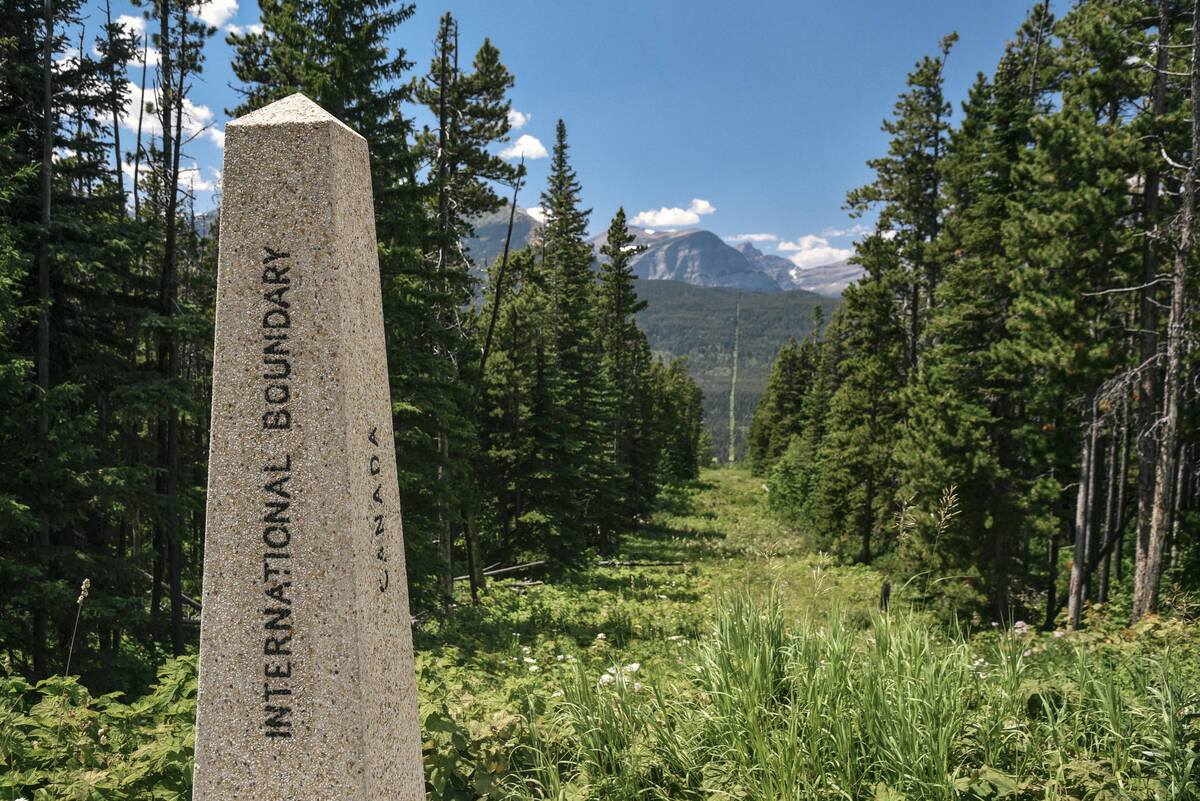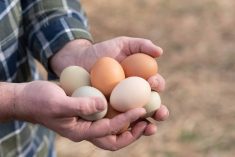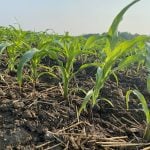The long-awaited process of determining the future of seed royalty rates in Canada is approaching its final stages.
At least, it seems that way.
Consider first the process officially began in 2013 when the then federal government led by the Conservative party introduced a law allowing royalty collection on seeds.
(Some may recognize this as part of the massive Bill C-18, the Agriculture Growth Act or more specifically, “UPOV 91”).
Read Also

Trade uncertainty is back on the Canadian national menu
Even if CUSMA-compliant goods remain exempt from Trump’s new tariffs for now, trade risk for farmers has not disappeared, Sylvain Charlebois warns.
The law didn’t actually pass until 2015, eight months before the Conservatives were voted out and replaced by the still-governing Liberals.
Despite the change in government, discussions in and outside of government on the topic continued – a number of reports from agriculture groups have come out in recent years, and a federal working group undertook the job of proposing potential models.
By 2018 Agriculture and Agri-Food Canada (AAFC) was doing stakeholder consultations and presenting information on end point royalties and contract-enabled royalty collection (such as the eventually proposed “trailing contracts” royalty option).
But response to the two models ultimately selected by Agriculture and Agri-Food Canada were routinely rejected. It would seem there was little appetite among producers for royalties being collected on commercial sales of eligible varieties or paying predetermined fees to replant farm-saved seed.
While it is safe to say there is a general consensus across the ag world that a value creation model is needed, there are some circles suggesting AAFC has yet to prove a benefit for moving forward with either of the options presented.
At last check AAFC had turned to suggesting it was, “supportive of industry-led projects that are underway and is listening to stakeholders as it determines next steps.”
A major industry-led project has now been launched, with the Canadian Plant Technology Agency (CPTA) and the Canadian Seed Trade Association (CSTA) announcing a pilot for testing what it is calling a “Seed Variety Use Agreement” (SVUA) that will provide evidence of value to having a system in place.
It will be a contract-enabled royalty collection system, with producers keeping seed year to year and being invoiced a predetermined amount each year the SVUA variety is grown.
Despite the announcement, Agriculture and Agri-Food Minister Marie-Claude Bibeau is aware of the varying opinions on the subject.
(A quick aside: I first asked Bibeau about this a few weeks ago, and she admitted she was unaware of the issue, prompting a column on why she should be prepared to answer questions on agriculture policy her government is proposing. Asked again weeks later, she said the topic, “Wasn’t fresh in my mind last time.”)
“We got very different opinions and positions on this issue,” she said. “So the department is really working on the economic analysis of that. We wanted and we’re proud of making decisions based on facts and evidence. So this is why the department will provide me with the economy analysis.”
That analysis has been a long time coming. There’s suggestion it may be coming as soon as early March, but Bibeau wouldn’t say – she gave a flat “no” when asked if she knew when it would be released.
She maintains she is still, “very open to different options” and wants to make a decision supported by data.
The new pilot project has potential to provide her with just the data she is looking for, and finally bring the process to a closure in spite of continued opposition.
Time will tell.
















